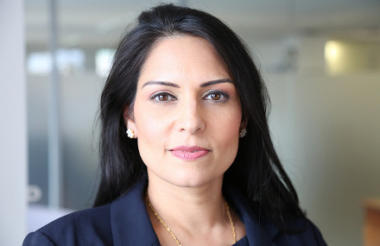The Department for International Development (DfID) has pledged to stop the practice of large organisations mistreating smaller suppliers which apply to contracts from 1 September 2017.
Priti Patel, Secretary of State for International Development, yesterday announced that there is a code of conduct to ensure high standards of ethical and professional behaviour by DfID suppliers.
She said DfID’s new compliance team will check whether suppliers are meeting the standards and there are legally enforceable sanctions - such as ending contracts early – for those caught breaking the rules.
One practice she pledged to clamp down on was so-called “bid candy” practices, whereby a larger supplier includes smaller charities or businesses to win bids, but then drops them from the contract when it is awarded.
Patel said: “These reforms will ensure that every DfID contractor upholds the highest standards and is held to account for meeting them. They enable DfID to be smart and tough with its big suppliers and give more opportunities to new and smaller businesses in the UK and the poorest countries.”
New contract terms and conditions to apply to all new procurement tenders and extensions from September 1 2017 have already been introduced and DfID begin to renegotiate existing contracts in line with these changes.
It will also continue to roll out these tough new reforms to Civil Society Organisations funded by accountable grants over the coming months.
'Reassuring'
Tamsyn Barton, chief executive of international development charity Bond, welcomed the measures, some of which it had been campaigning for.
Barton said: “It’s reassuring to hear that there will be a crackdown on “bid candy” practices by which private contractors use civil society organisations to attract a bid, but then drop them at a later stage - often after the civil society organisation has invested significant resources in supporting the bid preparation process.
“We haven’t seen the detail of what is proposed yet, and we would want to be sure that the “tough new reforms” are not excessively bureaucratic and applied disproportionately to civil society organisations.”
An Oxfam spokesperson said: "We share the government's desire to ensure that aid delivers the best possible results for the world's poorest people. We look forward to working with the government on the detail of these proposals."
DfID has been under increased scrutiny after the International Development Committee released a report in April reviewing the department’s use of private sector contractors.
The report urged DfID to take a “more robust approach to the procurement, oversight and evaluation of the delivery of aid programmes by contractors.”
Related articles












